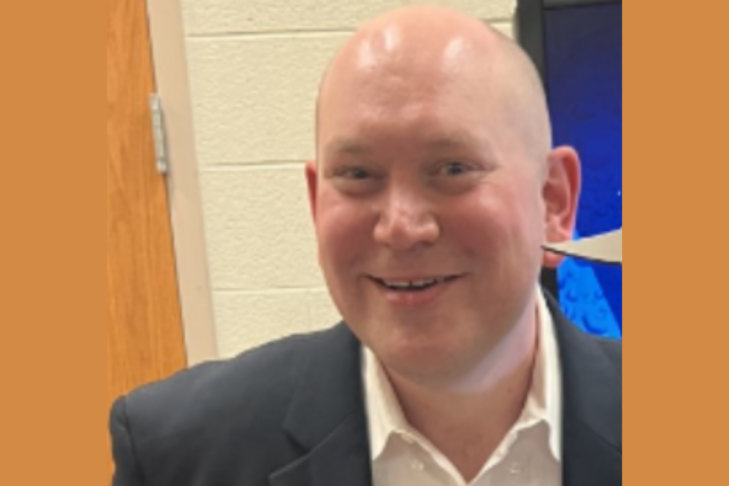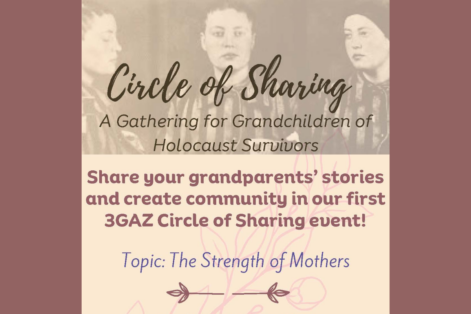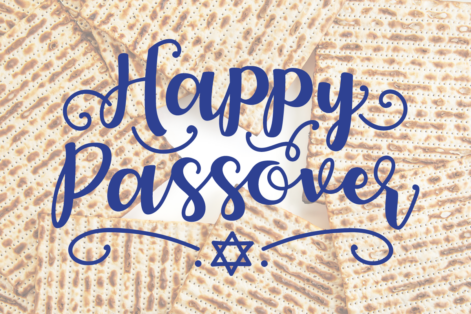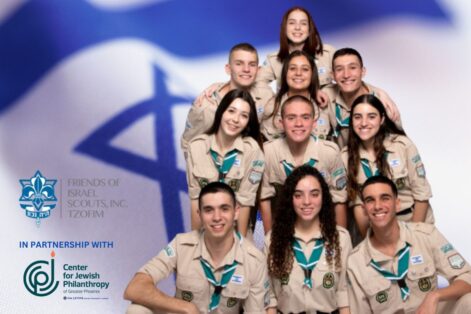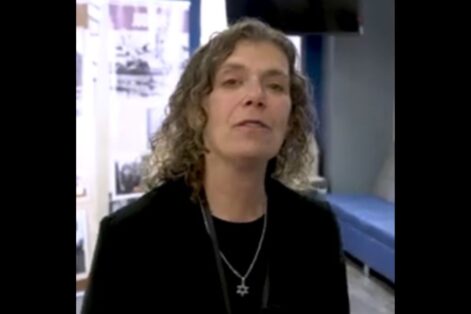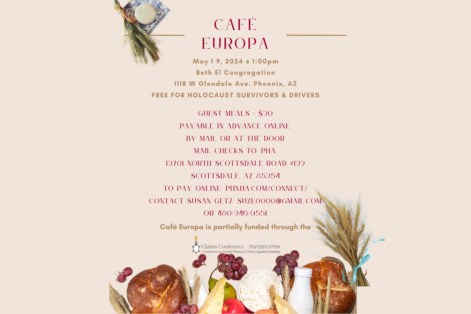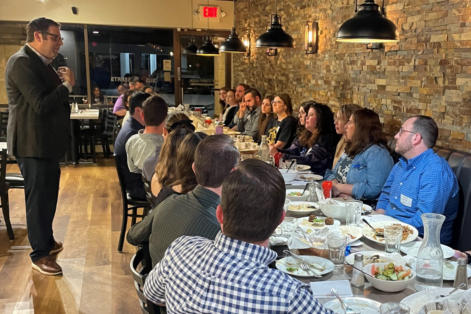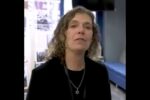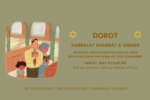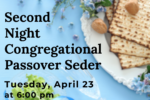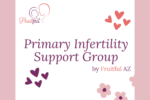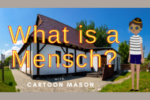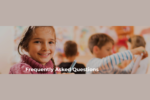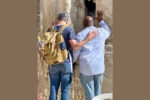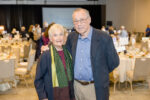I’ve always wanted to be a parent. Having a child to raise, guide and support over their life’s journey was what G-d placed me on this earth to do. As an elementary school teacher, I am fortunate to work with children daily to help them develop their academic talents, social skills and self-confidence. While I love teaching, I knew something was missing. While I loved my students, they went home to their families at the end of the day. I wasn’t their parent.
After much reflection and self-exploration, I knew that adoption would be my path to parenthood. I just didn’t know how that path would lead this Jewish man in Maryland to working with an Arizona-based organization.
First, I needed to decide which type of adoption would be best for me. Should I adopt a newborn, infant or an older child? Should I adopt internationally or from the foster care system here in the United States? Through teaching and mentoring, I’ve always been able to build positive relationships with school-aged children. I’ve never loved working with babies and, being a single man, I knew that adopting internationally would be difficult. Accordingly, I decided that adopting domestically through the foster care system would be the best path forward.
Now that I decided to adopt through the foster care system, I needed to be officially approved. First, I needed to select an agency to work with. I researched and spoke with several local agencies in my home state of Maryland before deciding on which one I’d ultimately use. Then, I needed to begin the application process.
The process was extensive. Getting all of my clearances — fingerprinting, Child Protective Services background check, driving record, etc. — took several months. After the clearances, I needed to have a home study completed. A home study is where a social worker goes through your home and personal history to determine whether you, as a prospective parent, are capable of providing a safe and stable home for a child in need. As part of this process, a social worker came to my home three times for interviews and interviewed my references. This took several months to complete. Simultaneously, while going through this process, I was completing a state mandated 30-hour training course from the adoption agency.
Finally, after seven months, all steps were completed and I was able to begin the matching process. The matching process is where a prospective parent and his/her team tries to find a child waiting on a family who would be a good fit. The process generally takes about a year to be matched with a child. However, my process took five weeks. I was incredibly fortunate to be matched with a terrific eight-year-old child who is out of state but should move to Maryland later this summer. This is beyond exciting —and simultaneously nerve racking.
Adoption can be a lonely journey, as most of one’s peers cannot directly relate to the process. An added complexity is that I’m Jewish and the child I’m adopting is not biologically Jewish. I was struggling with how to navigate this complex issue as I want my son to take part in my family’s holidays, traditions and culture, while also making sure that my son’s culture and identity is honored and preserved. I felt so fortunate to have found YATOM: The Jewish Foster and Adoption Network. Based in Phoenix, YATOM creates cohorts of Jewish prospective adoptive and foster parents nationwide. The cohort meets over Zoom monthly along with the program manager, Rabbi Dr. Shmuly Yanklowitz, and guest lecturers addressing various aspects of the adoption and foster care process.
During one of our Zoom sessions, I was able to ask Rabbi Shmuly about raising a child who was not biologically Jewish. Rabbi Shmuly provided excellent advice and I felt much more comfortable than I did previously. Because of YATOM and Rabbi Shmuly, I’m confident about how my son and I will fuse together different components of our cultures together in a way which both honors Judaism and the child’s background and heritage.
For any Jewish adult who is considering fostering or adopting children, being a part of YATOM’s cohort would provide support and guidance around the complex intersection of Judaism and adoption or fostering.
For more information, visit yatom.org.
This post has been contributed by a third party. The opinions, facts and any media content are presented solely by the author, and JewishPhoenix assumes no responsibility for them. MORE


